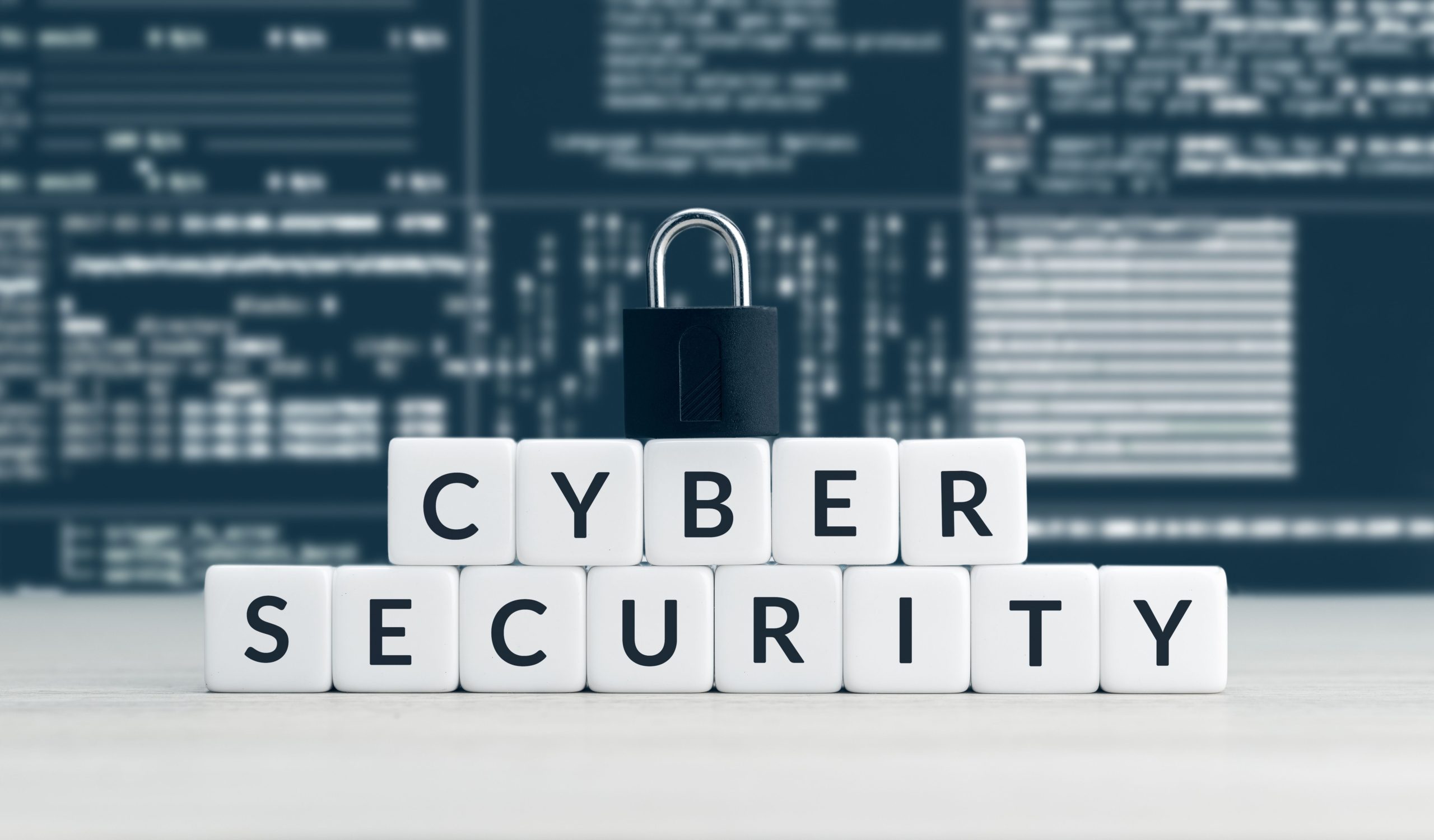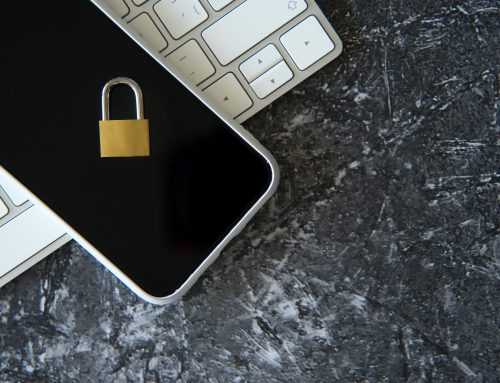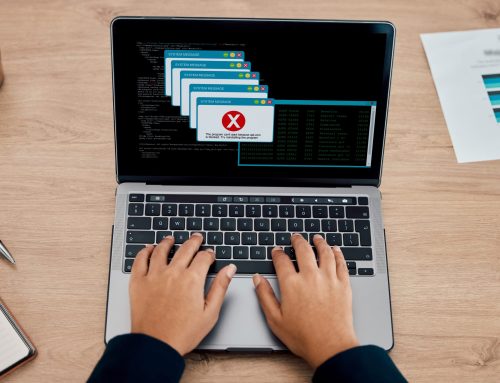In today’s rapidly evolving digital landscape, the transition to remote work has become a necessity for many professionals in Pakistan. While remote work offers flexibility and convenience, it also presents unique cybersecurity challenges that must be addressed to safeguard sensitive data and maintain the integrity of digital operations. In this blog, we’ll explore practical cybersecurity tips tailored specifically for remote workers in Pakistan to enhance their digital security posture and mitigate potential risks.
Secure Your Home Network: Begin by ensuring that your home Wi-Fi network is adequately secured with a strong and unique password. Utilize WPA2 encryption to protect against unauthorized access and consider disabling SSID broadcasting for added security.
Using Virtual Private Networks (VPNs): When accessing company resources or confidential information remotely, try and use virtual private networks (VPNs) to establish secure encrypted connections. Avoid connecting to unsecured public Wi-Fi networks, as they pose significant security risks.
Keep Software Updated: Regularly update your operating system, antivirus software, and applications to patch known vulnerabilities and mitigate security risks. Timely software updates are essential for maintaining a secure digital environment and protecting against emerging threats.
Implement Multi-Factor Authentication (MFA): Boost your account security by using Multi-Factor Authentication (MFA) whenever available. MFA adds an extra layer of protection by requiring users to provide additional verification, such as a one-time code or biometric authentication, alongside their password when logging in. This helps prevent unauthorized access to your accounts.”.
Exercise Caution with Email: Be vigilant when handling email communications and avoid clicking on links or downloading attachments from unknown or suspicious senders. Phishing attacks are a common tactic used by cybercriminals to compromise sensitive information, so exercise caution and verify the legitimacy of emails before taking any action.
Encrypt Sensitive Data: Utilize encryption tools and services to protect sensitive data both at rest and in transit. Encrypting files and communications helps ensure the confidentiality and integrity of your data, particularly when transmitting information over unsecured networks.
Secure Physical Devices: Implement strong passwords or biometric authentication on your physical devices, such as laptops and smartphones, to prevent unauthorized access. Enable remote tracking and wiping features to remotely locate or erase lost or stolen devices, minimizing the risk of data breaches.
Stay Informed and Educate Others: Stay abreast of the latest cybersecurity threats and best practices by attending training sessions, webinars, or seminars. Share your knowledge and expertise with colleagues and family members to promote a culture of cybersecurity awareness and resilience.
By following these cybersecurity best practices, remote workers in Pakistan can bolster their defenses against cyber threats and mitigate the risk of potential security breaches. Remember, cybersecurity is a shared responsibility, and each individual plays a crucial role in safeguarding sensitive information and maintaining a secure digital environment.


